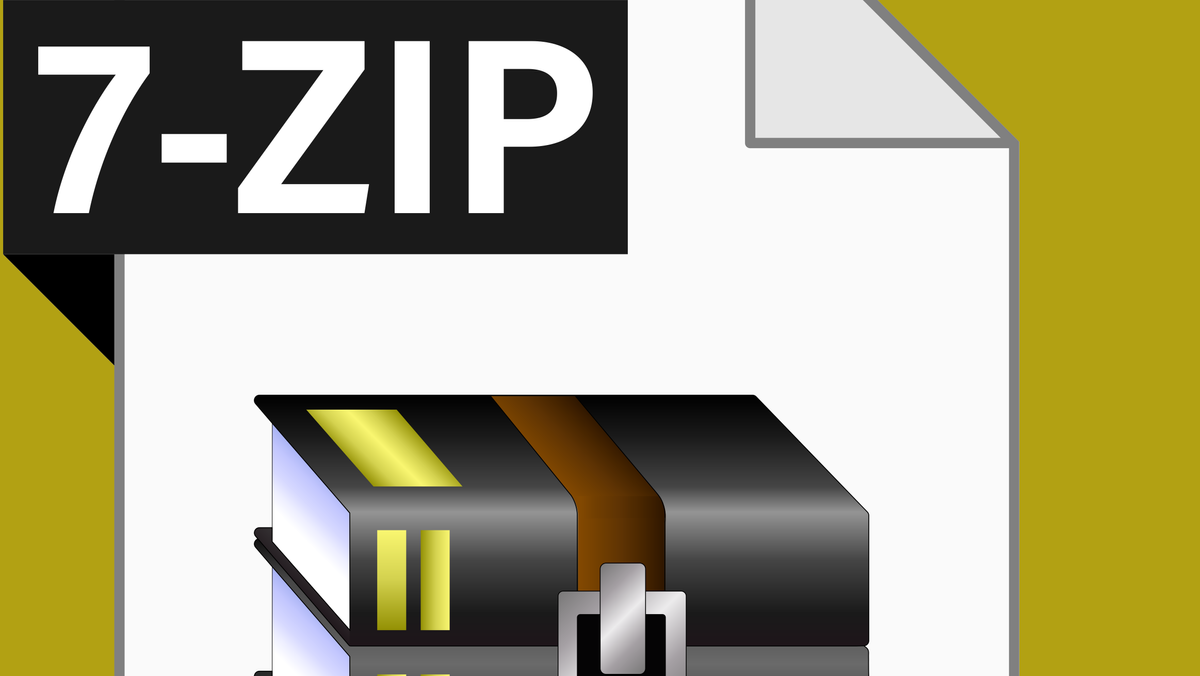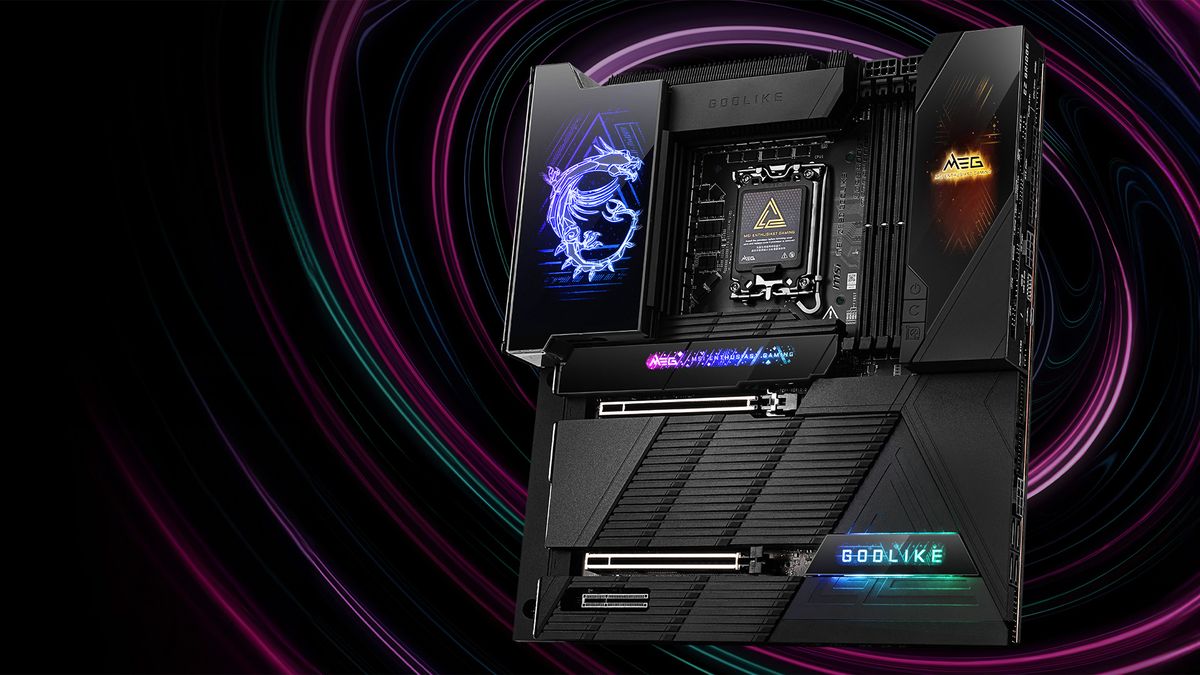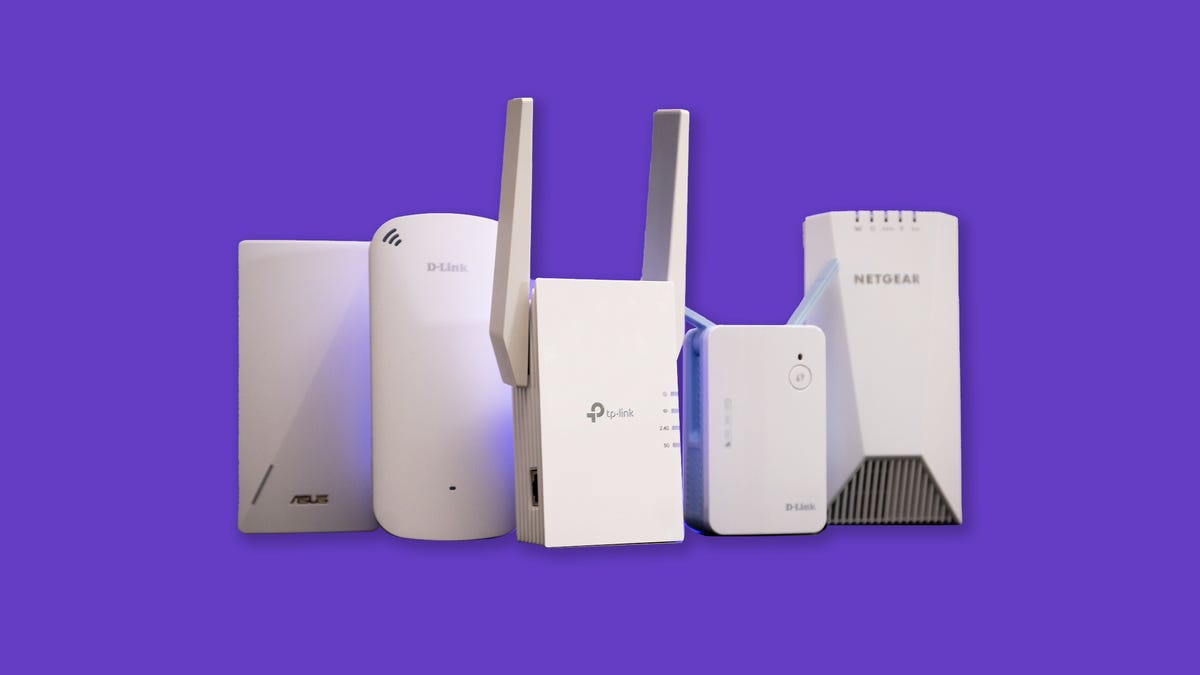Humans process thoughts at just 10 bits per second, according to a recent paper published by Caltech researchers. In contrast, a human's sensory organs gather data at a billion bits per second. So, if you ever feel overwhelmed by what is going on around you, it's only natural.
The research paper, dubbed 'The unbearable slowness of being: Why do we live at 10 bits/s?' ponders the human neural substrate which limits thoughts to such a slow pace, and proposes new research to look into this 'bottleneck' now that it has been quantified.

Caltech-based scientists Prof. Markus Meister and Graduate Student Jieyu Zheng wrote the paper, highlighting the disparity between outer brain and inner brain data throughput. They question why the inner brain, where you think about the deluge of data we experience, works so slowly despite being home to approximately a third of the brain's 85 billion neurons.
The researchers say they used an information-centric approach to measuring human thinking speed, applying a wide range of techniques based on information theory. In addition to conducting their own experiments, the Caltech boffins measured human performance in tasks such as reading and writing, playing video games, and solving Rubik's Cubes to come up with their headline 10 bits per second assessment.
"This is an extremely low number," Meister admitted of the result. "Every moment, we are extracting just 10 bits from the trillion that our senses are taking in and using those 10 to perceive the world around us and make decisions. This raises a paradox: What is the brain doing to filter all of this information?" It also remains a mystery why most humans can only think about one thing at a time despite our senses being highly parallel.
So, the research paper seems to have sparked a lot of questions, but Meister and Zheng already have some ideas about the leisurely pace of human thought. "Our ancestors have chosen an ecological niche where the world is slow enough to make survival possible," Zheng and Meister wrote in the research paper. "In fact, the 10 bits per second are needed only in worst-case situations, and most of the time our environment changes at a much more leisurely pace."
There are also some implications here about technologies such as Brain Computer Interfaces (BCIs). The researchers ponder, for example, if neural interfaces will be hamstrung at the same effective 10 bits per second. Perhaps this research will lead to a faster way to connect the inner and outer brain processes, making better use of those billions of neurons.

 2 days ago
5
2 days ago
5




:quality(85):upscale()/2024/06/27/002/n/43463692/273a0466667defdb06a697.27831546_.jpg)



 English (US) ·
English (US) ·